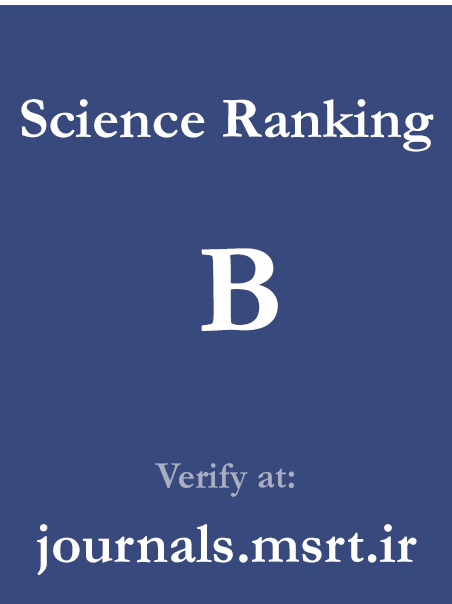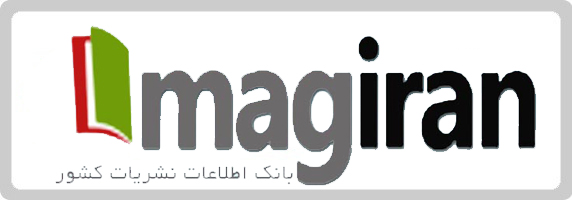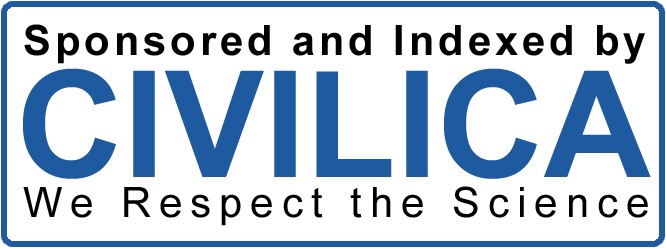Social, Institutional, and Personal Dimensions of Assessment Innovation Adoption in Universities
Keywords:
Assessment innovation, higher education, qualitative research, institutional change, faculty development, teaching and learning, educational reform, IranAbstract
This study aimed to explore the social, institutional, and personal factors that influence university faculty members’ adoption of assessment innovations in higher education contexts. A qualitative research design was employed using semi-structured interviews to capture in-depth insights from 22 academic staff members from various universities in Tehran, Iran. Participants were purposefully selected based on their engagement with or exposure to innovative assessment practices. Interviews continued until theoretical saturation was reached. Data were transcribed verbatim and analyzed thematically using NVivo software. The analysis process included open, axial, and selective coding to identify overarching themes and subthemes across the participants’ narratives. The findings revealed three major thematic dimensions influencing assessment innovation adoption: (1) social dynamics and collaborative culture, (2) institutional structures and policies, and (3) personal beliefs and professional identity. Key social factors included collegial support, student expectations, and departmental norms, while institutional enablers and constraints such as leadership, resources, and policy alignment shaped faculty capacity to innovate. On the personal level, assessment literacy, attitudes toward change, and academic identity played a critical role in motivating or hindering the adoption of new assessment practices. These dimensions were found to be deeply interrelated, forming an ecological system of influences that collectively shaped faculty decision-making. Assessment innovation in higher education is a multidimensional process that depends not only on individual faculty willingness but also on the broader social and institutional environment. For reform to be sustained, universities must foster a culture of collaboration, provide aligned structural supports, and develop faculty capacity through targeted professional development. A systemic and coherent approach is essential for embedding innovative assessment practices within academic institutions.
Downloads
References
Avalos, B. (2011). Teacher professional development in Teaching and Teacher Education over ten years. Teaching and Teacher Education, 27(1), 10–20. https://doi.org/10.1016/j.tate.2010.08.007
Bennett, R. E. (2011). Formative assessment: A critical review. Assessment in Education: Principles, Policy & Practice, 18(1), 5–25. https://doi.org/10.1080/0969594X.2010.513678
Black, P., & Wiliam, D. (2009). Developing the theory of formative assessment. Educational Assessment, Evaluation and Accountability, 21(1), 5–31. https://doi.org/10.1007/s11092-008-9068-5
Boud, D., & Falchikov, N. (2007). Rethinking assessment in higher education: Learning for the longer term. Routledge.
Boud, D., Ajjawi, R., Dawson, P., & Tai, J. (Eds.). (2016). Developing evaluative judgement in higher education: Assessment for knowing and producing quality work. Routledge.
Brookhart, S. M. (2011). Educational assessment knowledge and skills for teachers. Educational Measurement: Issues and Practice, 30(1), 3–12. https://doi.org/10.1111/j.1745-3992.2010.00195.x
Brown, G. T. L., & Harris, L. R. (2009). The future of self-assessment in classroom practice: Reframing self-assessment as a core competency. Frontiers in Psychology, 10, 1–14. https://doi.org/10.3389/fpsyg.2019.00714
Carless, D. (2015). Excellence in university assessment: Learning from award-winning practice. Routledge.
Earl, L., & Timperley, H. (2015). Evaluative thinking for successful educational innovation. OECD Education Working Papers, No. 122. https://doi.org/10.1787/5jrxtk1jtdwf-en
Fullan, M., & Scott, G. (2009). Turnaround leadership for higher education. Jossey-Bass.
Hosseini, S. M. H. (2014). Assessment culture and practices in Iranian universities: A study of faculty members’ views. International Journal of Academic Research in Progressive Education and Development, 3(2), 177–187.
Kezar, A., & Holcombe, E. (2019). Shared leadership in higher education: A framework and model for responding to a changing world. American Council on Education.
Knight, P., & Yorke, M. (2003). Assessment, learning and employability. McGraw-Hill Education.
Leiber, T., Stensaker, B., & Harvey, L. (2018). Impact evaluation of quality assurance in higher education: Methodology and causal designs. Quality in Higher Education, 24(3), 227–245. https://doi.org/10.1080/13538322.2018.1554782
Nicol, D. J., & Macfarlane‐Dick, D. (2006). Formative assessment and self‐regulated learning: A model and seven principles of good feedback practice. Studies in Higher Education, 31(2), 199–218. https://doi.org/10.1080/03075070600572090
Sadler, D. R. (1989). Formative assessment and the design of instructional systems. Instructional Science, 18(2), 119–144. https://doi.org/10.1007/BF00117714
Trigwell, K., & Prosser, M. (2004). Development and use of the approaches to teaching inventory. Educational Psychology Review, 16(4), 409–424. https://doi.org/10.1007/s10648-004-0007-9
Trowler, P., & Cooper, A. (2002). Teaching and learning regimes: Implicit theories and recurrent practices in the enhancement of teaching and learning through educational development programmes. Higher Education Research & Development, 21(3), 221–240. https://doi.org/10.1080/0729436022000020752
Volante, L., & Beckett, D. (2011). Formative assessment and the contemporary classroom: Synergies and tensions between research and practice. Canadian Journal of Education Administration and Policy, 126, 1–8.
Wiggins, G. (1998). Educative assessment: Designing assessments to inform and improve student performance. Jossey-Bass.
Zeichner, K. (2010). Rethinking the connections between campus courses and field experiences in college- and university-based teacher education. Journal of Teacher Education, 61(1–2), 89–99. https://doi.org/10.1177/0022487109347671
Published
Submitted
Revised
Accepted
Issue
Section
License

This work is licensed under a Creative Commons Attribution-NonCommercial 4.0 International License.




